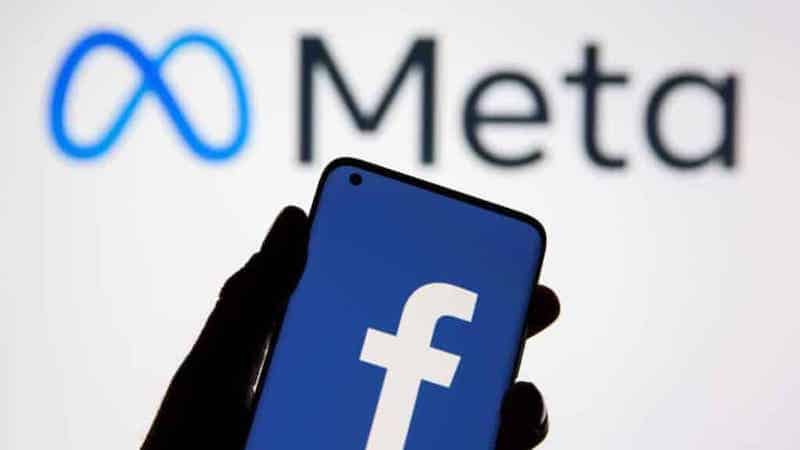We know well, having analyzed it in several articles, that Facebook has been in trouble for some time. Meta’s social network suffers above all from the unstoppable trend of other younger (and youthful) social networks, first of all TikTok.
In addition to being burdened with a series of internal problems, which largely came into the open with the Facebook Papers scandal.
However, remember that Facebook, thanks to its approximately 2.8 billion monthly active users, is still the platform with the most subscribers. Because of this it seems that Zuckerberg’s social network is thinking of its own restyling, which leads him to renounce the status of classic (how many times has it been heard, between the serious and the facetious, that “Facebook is the social of the old”), to update and keep up with the times.
The news was previewed by Axios on Friday 14 October. According to the scoop, Facebook will close Instant Articles in 2023. Let’s find out more about the contours of this upcoming novelty.

Facebook will close Instant Articles
An Axios source reported that in 2023, and more likely in April, Facebook will shut down Instant Articles. Publishers who have joined the program will thus have 6 months to readjust their strategies.
Facebook’s choice is twofold: on the one hand, instant Articles is little used. On the other hand, the company’s idea is to give the platform a less informative and more recreational edge, with more space for videos.
Regarding the low use of Instant Articles, so would have expressed a spokesperson for Facebook: “Currently less than 3% of what people around the world see in the Facebook feed are posts with links to news articles. And as we said earlier this year, as a company there is no point in investing excessively in areas that are not aligned with user preferences. “
Stop also in Bulletin
Facebook’s change in strategy had actually already been aired during the summer by TheVerge, and we had given you an account.
When we announced that the Facebook of the near future would have paid much more attention to challenging TikTok on its contents than to bet on the news.
Added to this is the news reported by various American newspapers in the first days of October: Facebook Bulletin, the newsletters service, is close to closing. A little over a year after its creation.
Instant Articles
An instant article is an HTML document that loads very quickly on Facebook and “allows you to tell elaborate stories in a personalized and branded format”. It is meant for quick viewing especially on mobile devices.
When it was launched in 2015, Instant Articles was presented as a great opportunity for publishers.
The service page stated that “Instant Articles load 4.9 times faster than the web on mobile; this translates into a lower bounce rate and deeper interaction. “
So “Facebook users open 52% more articles if they are published as Instant Articles rather than shown as links on the mobile web.” The idea was therefore that, without the need to open a browser, the time users spent on Facebook would increase.
The fact is that the technology, which was innovative in 2015, is already obsolete today. And most publishers are investing in video.
Verso TikTok
Since the debut of Facebook Instant Articles, we said, the mobile web experience has greatly improved. The speed of the network is faster and the devices are much more powerful.
In addition, the TikTok model has become increasingly popular.
For these reasons the Menlo Park-based company is considering aligning Facebook’s Feed feature with that of the Chinese social network. In whose main board the suggested contents appear, based on the work of the algorithms.
Facebook and the metaverse
Meta has focused on the metaverse with ever greater determination.
However, some recent surveys (such as the one published by the Wall Street Journal) show little encouraging data.
Horizon Words, which according to Meta’s objectives should have reached 500,000 users by the end of 2022, is now at around 200,000.
Additionally, most users leave Horizon Worlds after the first month on the platform. And since last spring, the active-person base has been declining steadily.
For this reason we do not know if the attempt by Mark Zuckerberg to modernize his social flagship is only dictated by the desire to conform to “lighter” social networks. Or even from that of creating a sort of emergency exit, if the coveted metaverse turns out to be a flop.
Meanwhile, in 2022 Meta’s shares lost about 62% of their value, equal to 700 billion dollars.















Leave a Reply
View Comments